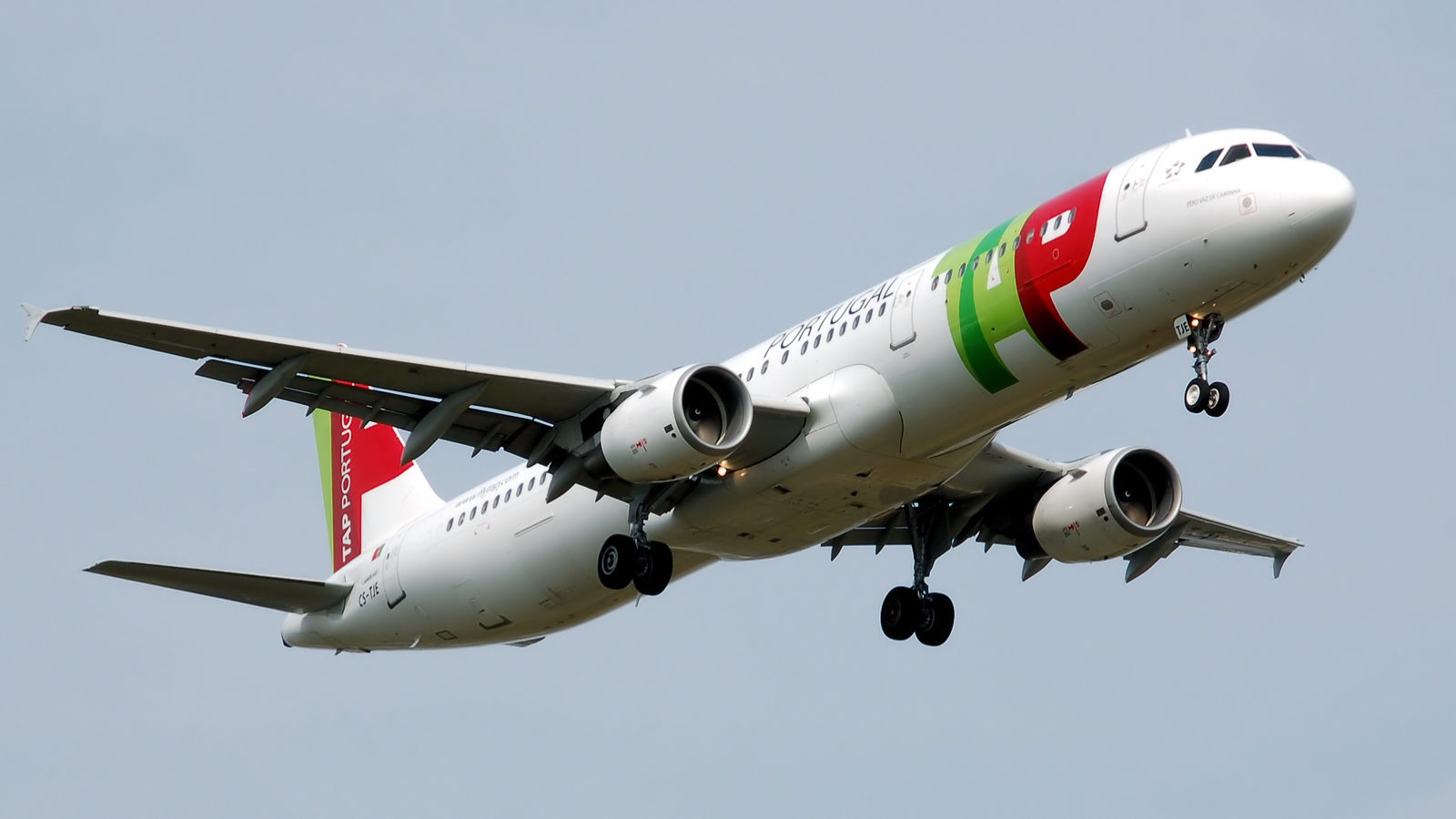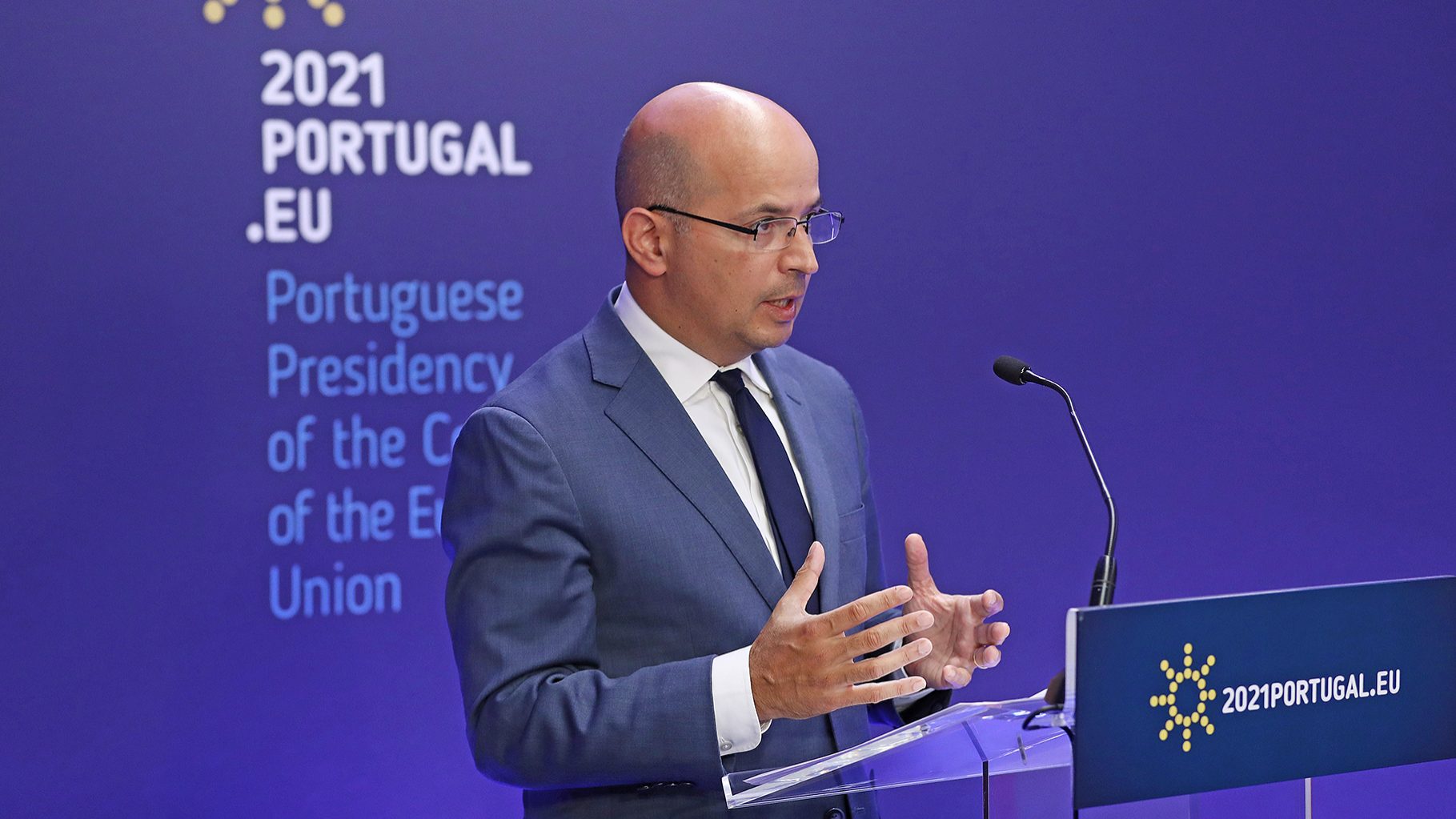Main points in proposed State Budget for 2022
According to the draft State Budget for 2022 (OE2022), the Portuguese economy is expected to return to its pre-pandemic wealth level in 2022.
The Portuguese economy is expected to return to its pre-pandemic wealth level in 2022, with a 5.5% expansion helping to cut the budget deficit to 3.2% of GDP and the public debt ratio to 122.8%.
In the draft State Budget for 2022 (OE2022), delivered to Parliament on Monday night, the government also forecasts that the economy will grow by 4.8% this year, an upward revision from the 4% forecast in the Stability Programme released in April.
The Finance team, led by João Leão, said that “this development is largely due to the significant acceleration of investment compared to 2021 (2.9 pp more), as well as exports (1.2 pp more), which are expected to grow more than imports.
Public debt is expected to fall to 4.3% of GDP in 2021, before falling back to 3.2% next year, a projection that remains unchanged from the Stability Programme.
The improvement is “the result of the gradual recovery of economic activity, the boost from reforms and investments to be carried out under the recovery and resilience plan (RRP), income support measures for the middle class, families and young people, and the reduction of costs associated with emergency measures that had to be implemented at the height of the pandemic to sustain employment and income”.
The public debt ratio will also improve in 2021 to 126.9% of GDP after reaching a record 133.7% in 2020.
The recovery from the pandemic recession should also continue in the sphere of the labour market, with the Government projecting a drop in the unemployment rate to 6.5% in 2022, the lowest since 2003, from the 6.8% estimated for this year.
In the area of taxation, the government wants to create two new IRS scales, splitting the 3rd and 6th scales, with this tax now having nine scales.
The government explained that it will implement “an ambitious programme that aims to improve family income through an IRS package that incorporates several measures aimed at the middle class, families with children and young people, and significant reinforcement of family allowances.
All together, this programme has an impact of €375 million, of which around €275 million already in 2022.
In order to stimulate private investment, the executive wants to launch the Fiscal Incentive to Recovery (IFR) in the first half of 2022, allowing companies to deduct the amount of investment made by them up to a limit of €5 million from the collection of IRC.
Here are the main measures set out in the government’s State Budget proposal for next year:
EMPLOYMENT AND SOCIAL SUPPORT
The “vast majority of pensions” will have an increase equivalent to the value of inflation this year (0.9%), through automatic updates.
An extraordinary increase of €10 is also planned, paid from August, for pensioners receiving up to around €658.
Unemployment benefits will continue to be increased next year, to guarantee at least an income of €504.63.
The national minimum wage, of €665, will increase again next year to reach €750 in 2023, “in line with the average increase in recent years”. This year, it increased by €30, to €665.
HEALTH
Rise of more than €700 million of the global amount for the Health sector, with a total consolidated expenditure allocation of €13.578.1 billion.
Expenditure with personnel in the Health sector will increase in 2022 to €5.233.80 billion, an increase of €207.9 million compared to the amount estimated for 2021. The increase in spending on health professionals represents a rise of 4.1% and “97% is allocated to the National Health Service entities”, which was under pressure during the Covid-19 pandemic.
Construction of the new Lisbon Oriental, Seixal, Sintra and Alentejo hospitals is expected to begin by 2023. And to continue, in 2022, the “work necessary” in Setúbal Hospital.
EDUCATION
The amount foreseen in the State Budget for basic and secondary education and school administration grows by 8.5% compared to 2021 to a total of €7.805.7 billion.
Total consolidated expenditure for science, technology and higher education increases by 21.2% to €3.124.8 billion.
TAXES
The number of income brackets subject to IRS will increase from seven to nine in 2022.
The two new brackets cover income between €10,736 and €15,216, which is subject to a rate of 26.5%, and income between €15,216 and €19,696, which is taxed at 28.5%.
The IRS regime is extended for two more years to allow young people to benefit from a discount on the tax, also extending it to self-employment and ending the income limit that currently existed.
The government intends to extend until 2023 the Regressar Programme, which grants tax incentives to emigrants who want to return to Portugal.
Companies will no longer have to make the Special Payment on Account (PEC) of the IRC. This measure responds to the demands of several business confederations and associations and aims to provide more liquidity to companies, especially smaller ones.
PUBLIC INVESTMENT
Public investment will increase 30% compared to 2021, representing, together with the Recovery and Resilience Plan (RRP), 3.2% of GDP.
The increase in investment includes, “in addition to the boost that comes from the RRP”, a trajectory “consistent with the degree of maturity of structuring investments planned before the pandemic, estimated at €1.974 billion in 2022.
Added to these structuring investments is the Recovery and Resilience Plan, whose “public investment by the Central Administration associated with the RRP projects represents around €1.026 billion”.
BANKS
The Government expects that the public coffers will receive €495 million in 2022 from dividends from the central bank and Caixa Geral de Depósitos bank.
The State Budget for 2022 maintains the additional solidarity levy on banks, which is estimated to bring in €34 million to the public coffers.
TRANSPORT
The Fare Reduction Support Programme (PART), which allowed the reduction of the price of social passes in public transport, has a base funding in 2022 of €138,6 million, €60 million less than this year.
Investment of €528 million in railways and roads next year, with the largest share (€469 million) going to rail transport.
Investment in the expansion of metro networks “in the coming years” will amount to around €1.45 billion, of which €408 million in 2022.
Support will be maintained for low-emission vehicles, which covers cars and motorbikes, conventional or electric, and bicycles.
TAP
Injection of €1.988 billion this year and in 2022, maintaining the €990 million foreseen for the year.
This year “TAP was also granted, under EU rules specially designed for the pandemic context, compensation for covid damages relating to the period March to June 2020, amounting to €462 million, compensation that was awarded in the form of capital”.
CULTURE
The Culture Budget Programme provides for a total consolidated expenditure of €644 million, which stands at €390 million, for the sector, if the RTP allocation is excluded.
ANIMALS
Transfer, in 2022, of €10 million to local administration or zoophile associations, in order to support animal welfare and sterilisation.

